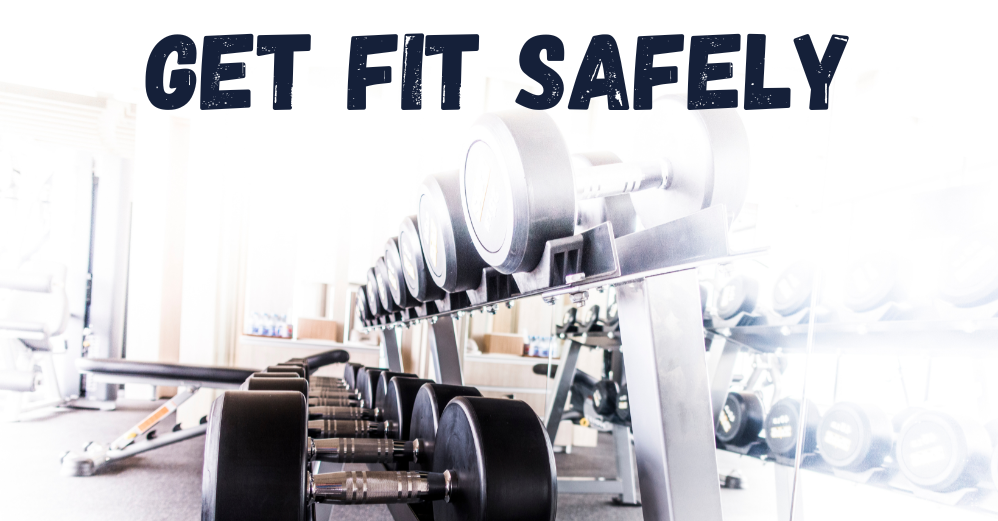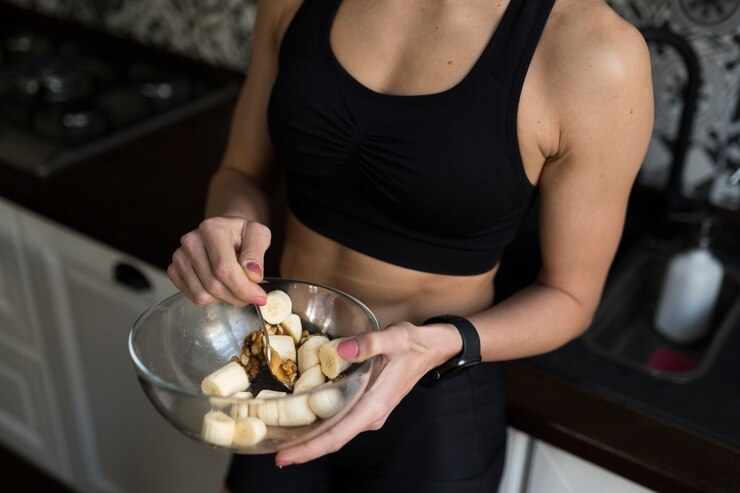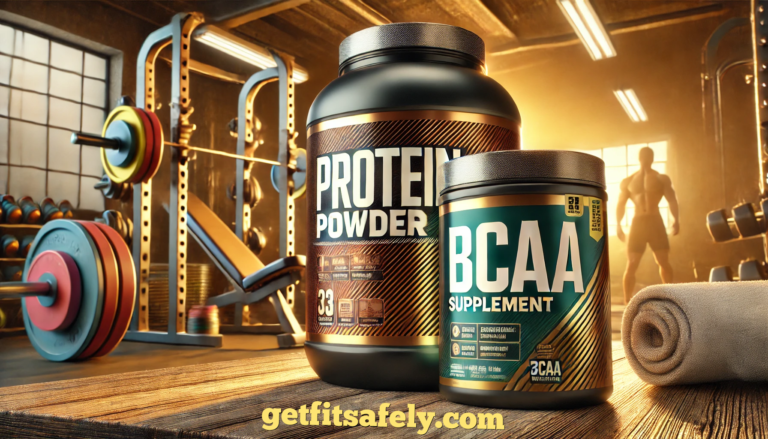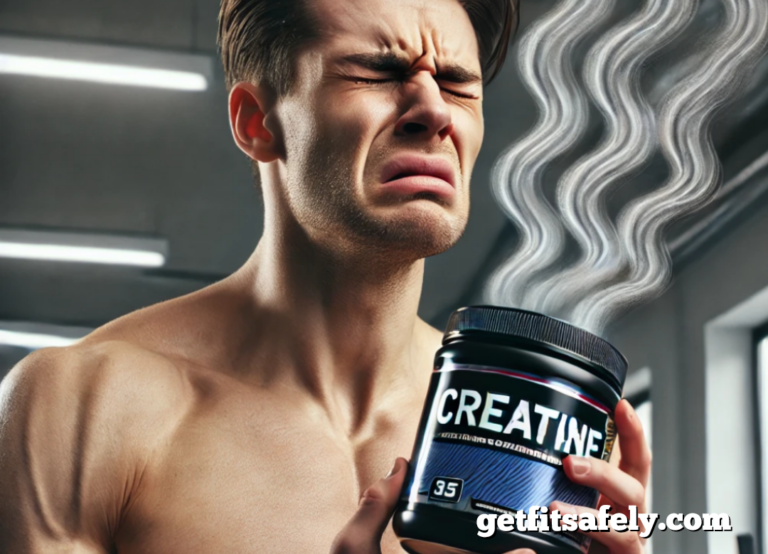I’m telling you right away, without beating around the bush:
No, you don’t magically lose all your muscle if you don’t gorge on protein 30 seconds after your last deadlift.
But… if you really care about the result of your workout — and I’m talking about real muscle, quick recovery, and steady progress — then yes, skipping the post-workout meal can become an issue.
A sneaky, slow-moving, but real problem.
And trust me, I know because I’ve been there.
The Famous “Anabolic Window”: Myth, Reality, and Nuances
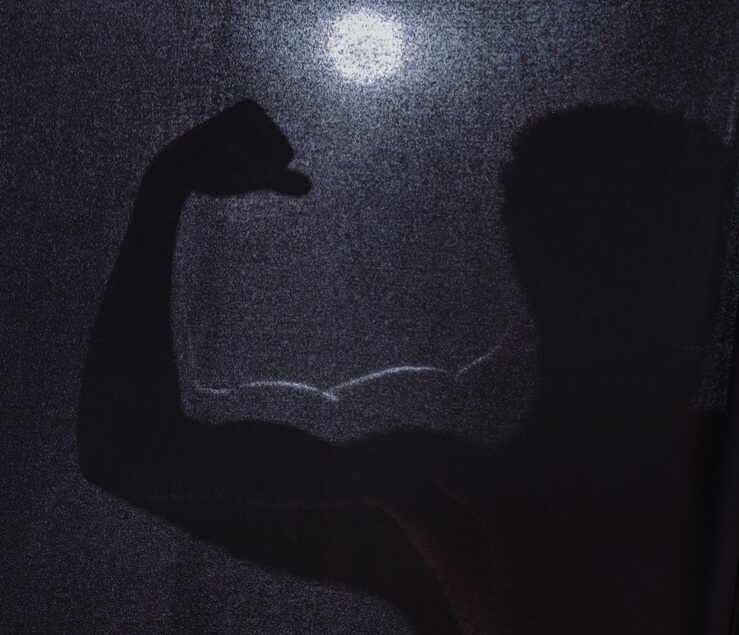
For years, we’ve been hammered with the idea that there’s a magical 30-minute window after training, called the “anabolic window.”
As if beyond that time, your entire workout becomes useless.
Something like:
- “If you don’t down a shake within half an hour, goodbye biceps.”
It’s a bit like imagining your body as a hysterical Tamagotchi that dies if you don’t feed it immediately.
The truth, however, is a bit more nuanced.
Yes, there is an optimal time to give your body the nutrients it needs to recover.
But it’s not an explosive timer.
It’s more like an open window that slowly closes over the course of a couple of hours.
You don’t need to sprint to the protein bar with your tongue hanging out, but neither can you completely forget to eat until evening.
What Really Happens in Your Body After Lifting Weights (and Why Post-Workout Matters)
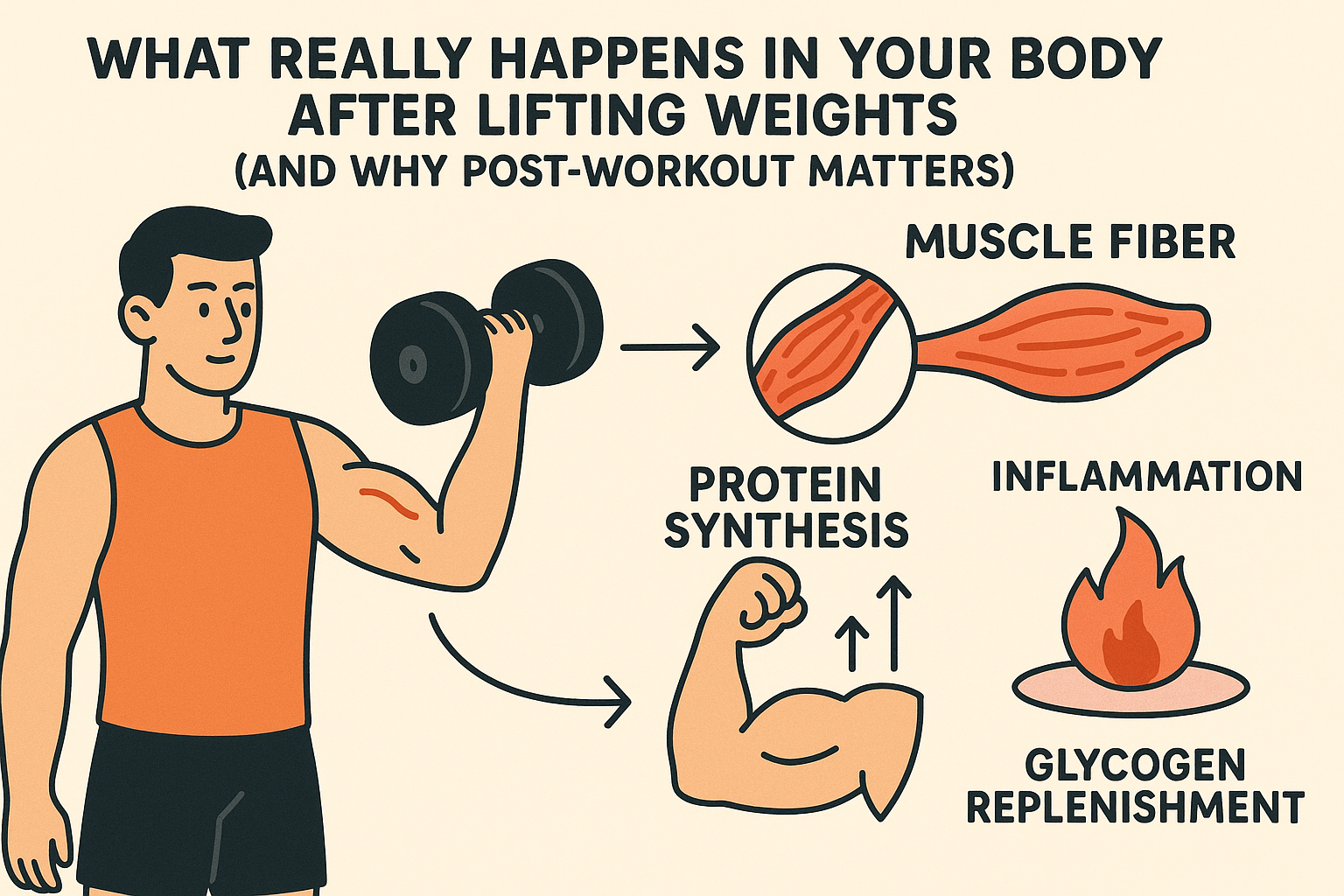
Training with weights isn’t just about effort, sweat, and burning muscles.
Behind every set is a deep, physiological process that begins the moment you put the barbell down.
When you lift weights — especially in an intense or technical way — you’re creating controlled micro-tears in the muscle fibers.
That’s where growth comes from.
The body interprets that damage as a signal: “We need to come back stronger.”
But to repair, regenerate, and strengthen those muscles, it needs building materials.
- Proteins for muscle synthesis
- Carbohydrates to rebuild glycogen stores
- Water and minerals to restore internal balance
- Even good fats, useful for certain hormonal responses
Meanwhile, the body enters a phase called controlled catabolism:
- Cortisol rises, the stress hormone
- Insulin levels temporarily drop, which normally helps store nutrients
- There is vasodilation in the involved muscles, with local inflammation and increased energy demand
In other words: your system is waiting for fuel.
And the best time to provide it is within the first 60–90 minutes after training, when insulin sensitivity is higher and the muscles are particularly receptive.
Regularly skipping this window means asking your body to fend for itself.
And when it does, it does so like this:
- Recovery slows down
- It consumes muscle proteins instead of dietary ones
- Keeps cortisol elevated
- Reduces net protein synthesis
It’s like starting a renovation and then not delivering the materials.
The builders wait, the scaffolding stays up, and the work doesn’t progress.
Eating after training, instead, is like saying, “Here are the bricks, the cement, and the labor. Let’s move forward.”
And that’s how you truly build over time.
How Long Can I Wait Before Eating?
If we want to talk practical timing, the ideal range for eating after a workout is between 30 and 90 minutes.
Once you pass two hours, you start playing with fire.
It’s not that your pecs will deflate on the spot, but if you repeat the mistake multiple times a week, I assure you results will slow.
Even if you train like a madman.
There’s a big difference between:
- Skipping a meal occasionally
- Having the chronic habit of training and then fasting for hours
In the second case, the risk isn’t just muscular, but also metabolic and hormonal.
What If I Ate Before Training? Does It Change Anything?
Yes, absolutely.
If you had a complete meal 1–2 hours before training (with good sources of carbs and protein), then you have a certain reserve of circulating nutrients.
The body can “tap into” that while you train.
In that case, you can even wait a good hour before eating after training.
But if you trained fasted, or with just a coffee and half a cookie in your stomach, then the story changes:
Your body needs nourishment immediately.
Not out of whim, but for pure cellular survival.
I’m Not Hungry After Training, What Do I Do?
Classic.
It happens more often than you think, especially after intense sessions or high-intensity cardio.
The answer is not to skip the meal, but to adapt the form of the food.
Yes, because appetite might be missing, but digestion isn’t.
Here are some ideas I often use:
- Shake with protein, banana, oats, peanut butter, and milk
- Greek yogurt with honey, nuts, and fresh fruit
- Protein bar + fruit
- Omelet and whole-grain bread
- A bowl of rice, tuna, and olive oil (even cold)
The important thing isn’t to have a wedding-sized meal.
But to give the right signal to your body: “Recovery phase can begin.”
Cortisol, Inflammation, and Recovery: A Brief Technical Note
I don’t want to get boring, but a couple of words about cortisol are necessary.
When you train, the body secretes this hormone to manage stress.
It’s normal. Even useful.
But keeping it elevated too long can become a problem:
- It interferes with protein synthesis
- It reduces the anabolic response
- It worsens sleep quality
- It can slow metabolism
Guess what one of the most effective ways to lower cortisol is?
Eating carbohydrates.
Yes, exactly those that low-carb gurus want to ban.
A bit of rice or whole-grain bread after training can help you shift back into “building” mode instead of staying stuck in “survival” mode.
Training in the Evening: Do I Really Need to Eat Before Going to Sleep?
Yes, absolutely yes.
If you train in the evening and then go to bed without eating, it’s like sending a builder to work at night without tools.
During sleep, the body produces GH (growth hormone), but it needs protein to use it properly.
So:
- A bowl of cottage cheese
- Two hard-boiled eggs and a slice of bread
- A casein shake
are all excellent options.
And no, you don’t magically gain fat by eating at night.
You grow. In a good way.
What If My Goal Is Fat Loss? Does the Same Apply?
Legitimate question.
Those trying to lose fat often fear “wasting” calories or slowing fat burning by eating too soon after training.
But the reality is this: skipping the post-workout meal is counterproductive even during a cut.
Why?
- Muscle is metabolically active: the more you preserve it, the more calories you burn at rest.
- After training, you’re in a moment where carbs are preferentially used for recovery, not for fat storage.
- Skipping the meal can lead to big evening hunger attacks (and poor food choices).
So if you’re cutting, the rule is the same: nourish yourself after training, just watch the quantities.
Maybe lean proteins and a controlled portion of carbs.
For example:
- Chicken breast with zucchini and potatoes
- Tuna with whole-grain crackers
- Protein shake and an apple
It’s not quantity that causes damage. It’s the absence of strategy.
What If I Train Twice a Day? How Do I Manage Recovery Between Sessions?
Training twice a day changes the game.
Whether you do cardio in the morning and weights in the evening, or two separate strength sessions, one thing is certain:
The post-workout meal becomes fundamental to support the second session.
Here’s what you need after the first session:
- A combination of fast carbs and complete proteins
- Hydration and electrolytes
- An easily digestible meal
Practical examples:
- Smoothie with whey, banana, oats, and a teaspoon of honey
- Rice with scrambled eggs and avocado
- Whole-grain bread with bresaola and cottage cheese
Can I Organize Myself If I Get Home Late or Have Zero Time to Cook?
This is half of humanity’s situation.
Maybe you leave the gym at 9 PM, you’re tired, you’re hungry, but you have nothing ready.
The risk? Grabbing whatever you find or not eating at all.
Here are three muscle-saving strategies to avoid disaster:
- Smart meal prep: Dedicate half an hour at the start of the week to cook 3–4 post-workout meals already portioned. For example:
- Chicken breast and rice
- Whole-grain pasta and legumes
- Quinoa and salmon
- Intelligent supermarket combo (even last-minute):
- Greek yogurt + protein bread + nuts
- Hard-boiled eggs + crackers + hummus
- Wrap with canned tuna and vegetables
- Stock to keep at home or in the gym:
- Serious protein bars (with at least 20g of protein)
- Powdered shake + shaker ready to go
- Mix of nuts and oats
What If I Train During Lunch Break and Return to the Office? What Do I Eat Without Feeling Heavy?
Here the challenge is double: eating to recover without crashing in a post-meal coma at your desk.
Solution: a balanced, light, digestible meal.
Ideal options:
- Chicken, rice, avocado, and seed salad
- Couscous with chickpeas, grilled zucchini, and EVOO
- Whole-grain sandwich with bresaola and Parmesan flakes + fruit
Avoid carb bombs or overly fatty dishes: they steal energy instead of giving it back.
The trick?
Always keep a central protein source, add a dose of complex carbs, and a small portion of good fats.
That way, you nourish the muscles without falling asleep in meetings.
If I Skip the Post-Workout Meal Occasionally, Does It Really Make a Difference?
The good news: no, nothing catastrophic happens if it happens occasionally.
The body is smart and adaptable.
If once or twice a month you skip the post-workout meal — maybe because you’re already full, you’re out, or it’s late — your body compensates anyway.
You don’t lose muscle overnight.
But there’s a “but.”
If it happens often, maybe without you realizing it, then the effects add up:
- Worse recovery
- Lower overall protein synthesis
- Gradual reduction in performance
- Feeling of “flat” muscles even in the following days
Muscle growth doesn’t depend on a single meal, but on the daily repetition of good habits.
So if you skip occasionally, breathe.
But if you want to truly optimize results, treat the post-workout meal as an integral part of your routine — not as a “maybe.”
Even a simple snack is better than nothing.
Building muscle is like accumulating interest: every small intelligent move compounds over time.
Are There Rare Cases Where Skipping the Post-Workout Is Even Worse Than Usual? Yes, Absolutely.
Let’s not talk about the classic gym Monday advice. Here we enter the more niche territory, where not eating after training backfires even faster than usual.
For example:
- Those in the midst of an overreaching block, with sky-high volume and a nervous system on its last leg.
In that moment, you don’t need just proteins. You need inner peace. And the fastest way to lower cortisol without doing yoga on the gym floor is… eating. Skipping the post-workout in these days means prolonging the feeling of “training burnout” even when you’re not training. - Women training intensely in the luteal phase of their menstrual cycle.
This is when they’re more inflamed, more sensitive to stress, and more prone to blood sugar crashes. Here, the post-workout meal can truly make the difference: it’s not just recovery, it’s hormonal and human stability. Skipping it means waking up tired, bloated, irritable… and maybe wondering “why do I feel like a zombie today even though I did everything right?” - Those doing mixed or “hybrid” sessions — strength, skill, cardio, maybe even core or mobility all in the same workout.
It’s not just that you empty your tank. You’ve stimulated everything, from explosive fibers to neuromotor coordination, and if you don’t eat you risk not even being able to hold a dumbbell the next day. You need fuel not just to recover — yes — but to consolidate neuromuscular adaptations. Translation: not only muscle, but also more precise and reactive movements. - Those coming from months (or years) of restrictive dieting, calorie cuts, or overly “clean” phases.
The body is waiting to restart. And you say, “I train, I stimulate it, and then I leave it high and dry again?” No. In these cases, the post-workout meal is a metabolic spark, a perfect opportunity to tell your body: “Relax, this time I’ll give you what you need.” Skipping it in a metabolic restart phase is like trying to start a fire and throwing water on it. - Those training in particular environmental conditions: high altitude, extreme heat, rooms with poor oxygen like certain underground gym bunkers…
Training in such stressful conditions increases oxidative damage, dehydration, and cardiovascular stress. Here the post-workout meal is no longer just “for growth,” but for not collapsing. Literally: antioxidants, fluids, minerals, fast carbs — they’re as necessary as bread. Maybe even more.
In short, for most people, eating after training is a useful habit.
But in certain rare and more delicate cases, it’s an absolute priority, even if no one tells you.
It’s the difference between a body that responds and one that shuts down halfway through.
And above all, it’s the way not to ruin everything just when you’re giving your all.
RELATED 》》》What Foods Boost Workout Performance? Here Are 11 to Eat Before and After
Conclusion: Your Workout Doesn’t End with the Last Rep
Think about it: You just pushed, pulled, sweated, maybe cursed under your breath during a set of squats.
You stressed your body.
In a good way.
Now it deserves something in return.
Don’t leave the work half done.
A post-workout meal is not optional.
It’s the second half of the workout itself.
Whether it’s a shake, a chicken flatbread, or a plate of pasta, give your body what it needs to improve.

